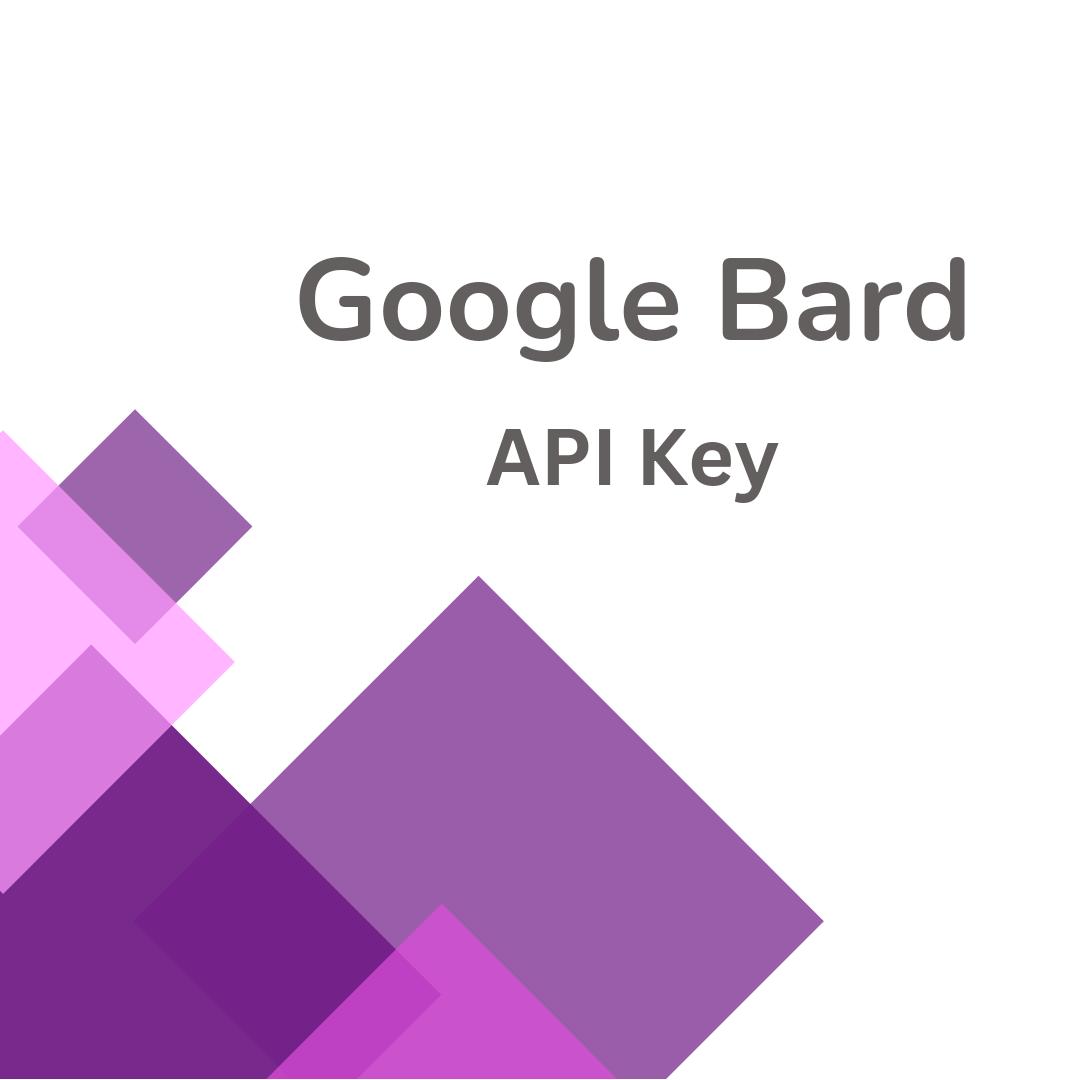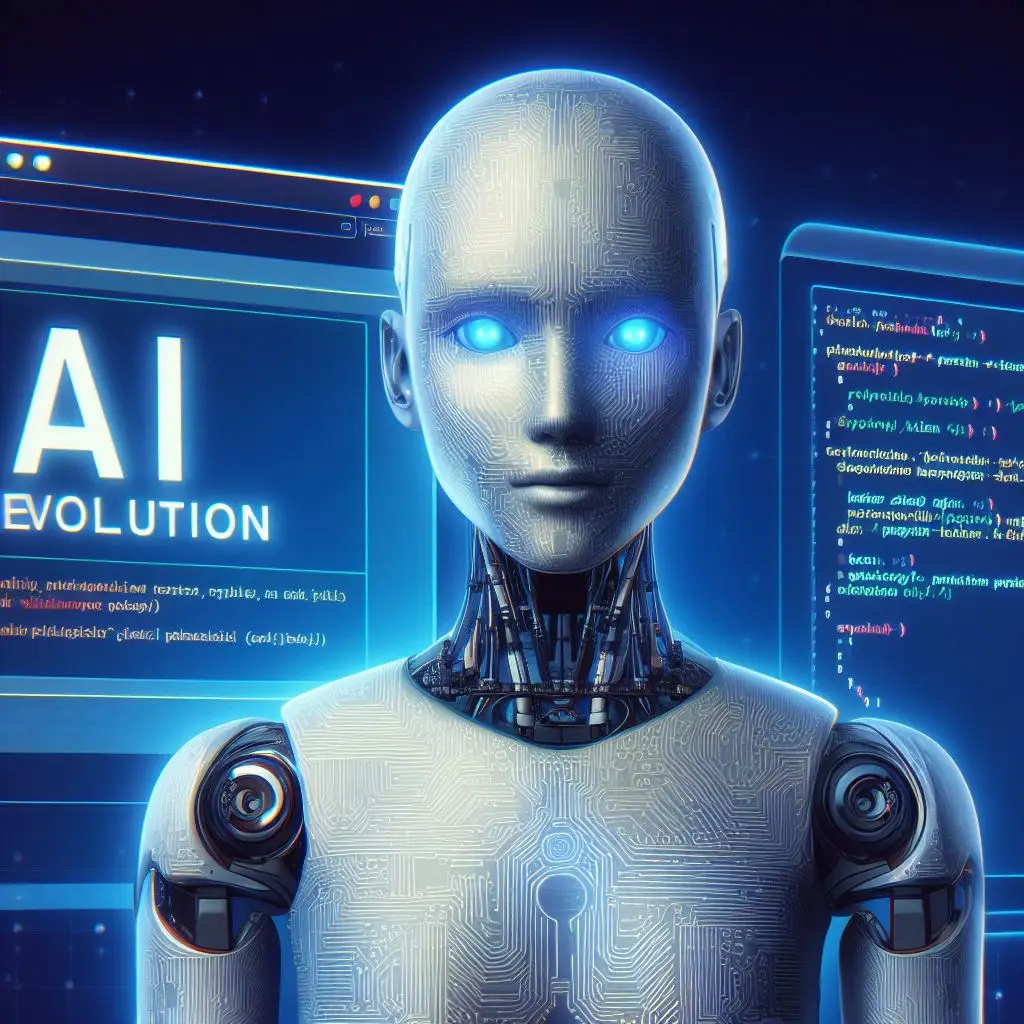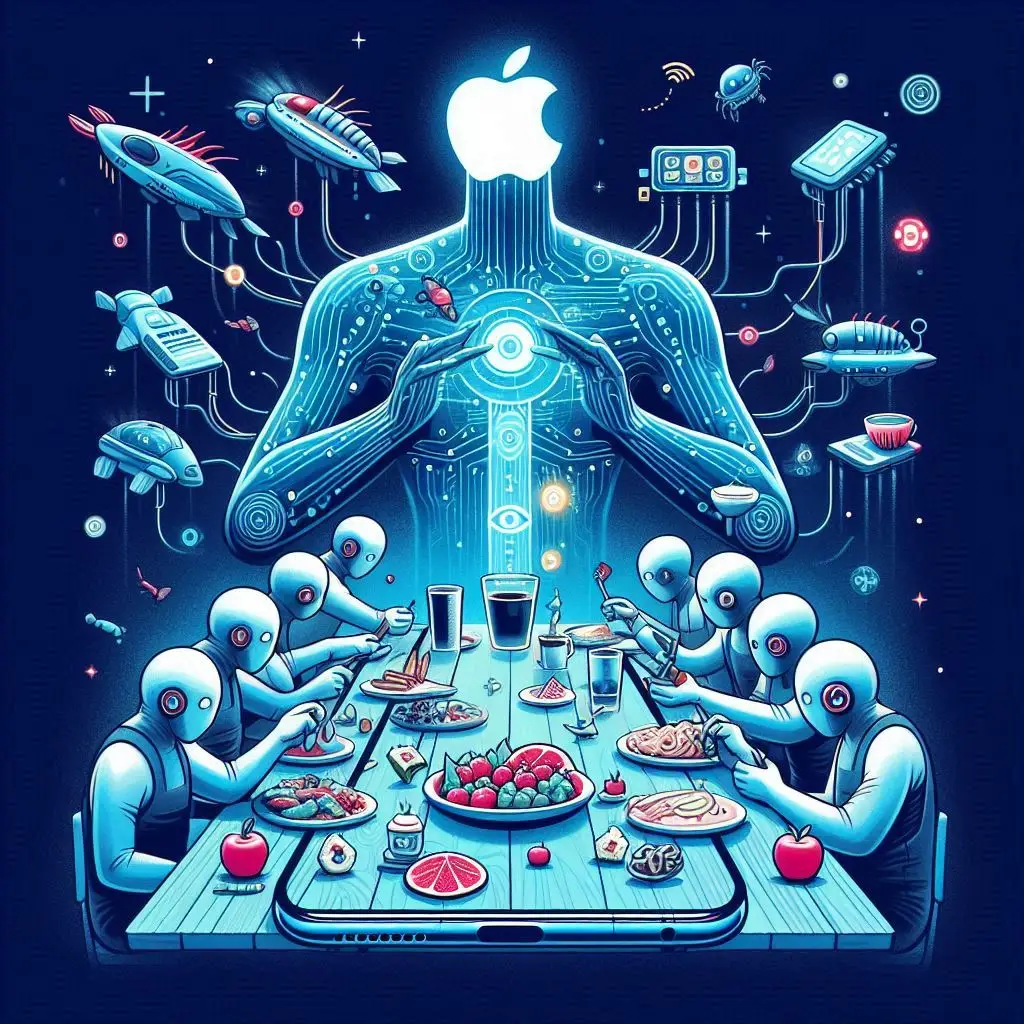Silicon Valley’s prestigious accelerator, Y Combinator, hosted the second Demo Day for its Summer 2024 cohort, and the spotlight was firmly on AI startups. Day 2 of the event revealed a host of ambitious ventures aimed at disrupting traditional industries with cutting-edge technology, especially in artificial intelligence. While AI dominated the cohort’s projects, several other groundbreaking technologies like unjammable drones, freight carpooling, and weather prediction also stole the show.
Here’s a detailed look at the standout startups from the Summer 2024 Demo Day, their innovative offerings, and why they’re on everyone’s radar.
Entangl: AI-Powered Error Detection and Engineering Automation
What it does: Entangl is revolutionizing engineering project management by using AI to detect errors, propose solutions, and even implement those solutions autonomously.
Why it’s a favorite: Entangl has garnered the attention of industry heavyweights, including Amazon CEO Andy Jassy. The startup’s ability to automate complex processes like data center verification has already resulted in partnerships with AWS and Vodafone, making it a serious player in the AI automation space. This could be the future of engineering, where AI doesn’t just suggest fixes it makes them.
Exa Laboratories: Energy-Efficient AI Chips
What it does: Exa Laboratories is developing AI chips that are nearly 28 times more energy-efficient than Nvidia’s H100s, potentially solving one of AI’s biggest challenges: high energy consumption.
Why it’s a favorite: As AI applications become more pervasive, energy efficiency is critical. Exa’s chips stand out because they are adaptable to different models and can be configured through software. If successful, this could revolutionize how AI systems operate, particularly in energy-constrained environments. Exa plans to have these chips ready for deployment by early 2025, a timeline that puts them at the forefront of AI hardware innovation.
Kopra Bio: Next-Gen Autoimmune Therapy for Cancer
What it does: Kopra Bio is developing an autoimmune therapy that specifically targets cancer cells, a potential game-changer in oncology.
Why it’s a favorite: Autoimmune therapies like Keytruda have been effective for some cancer patients, but there’s still room for improvement. Kopra Bio claims that its therapy could significantly extend survival rates. In animal tests, subjects treated with Kopra’s drug survived 250 days compared to 50 days for those treated with an FDA-approved alternative. If these results hold in human trials, it could represent a massive breakthrough in cancer treatment.
LedgerUp: AI-Powered Bookkeeping for Startups
What it does: LedgerUp offers AI-driven bookkeeping solutions that automate everything from categorizing transactions to managing taxes and invoices.
OrgOrg: Productivity Apps for Growing Companies
What it does: OrgOrg offers a suite of productivity tools designed to help businesses streamline their operations by reducing the number of separate apps they need.
Why it’s a favorite: Founder Wayne Crosby’s pedigree speaks volumes. His previous company, acquired by Google, became Google Slides, and his experience is attracting investor interest. As more businesses look to consolidate their software stacks, OrgOrg’s offering could provide a seamless solution to productivity and app overload.
Oway: Carpooling for Freight
What it does: Oway introduces a ridesharing model for freight, allowing small businesses to share truck space and save on shipping costs.
Just as Uber Pool changed the way people commute, Oway could change how small businesses ship goods. With rising shipping costs, this efficient and eco-friendly approach to freight logistics could appeal to businesses looking to cut down on expenses and environmental impact.
Silurian: AI for Weather Prediction
What it does: Silurian is building AI-powered models for weather prediction, aiming to surpass even Microsoft Research’s Aurora, one of the most accurate models today.
The founders of Silurian previously helped build Aurora, and now they’re setting out to create an even more accurate weather forecasting system. Their goal is to develop foundational models capable of simulating the entire planet, with weather prediction being their first target. Accurate, AI-based forecasting could have significant implications for industries like agriculture, logistics, and disaster management.
Theseus: Unjammable Drones for Modern Warfare
What it does: Theseus is developing drones that are resistant to jamming, a critical feature for military operations.
Drones have become indispensable in modern warfare, but jamming has been a persistent vulnerability. Theseus claims that its unjammable drones can continue operating even in the face of sophisticated jamming technologies. This could be a game-changer in conflicts like the Russia-Ukraine war, where drone warfare has played a pivotal role.
XTraffic: AI-Optimized Traffic Lights
Smart traffic lights may seem like a small innovation, but they can have a big impact on reducing traffic congestion and improving road safety. XTraffic’s AI system is already being tested in several cities in Texas, and its early success suggests it could soon be rolled out in more locations. For drivers frustrated by inefficiencies in traffic light management, XTraffic’s solution could be a game-changer.
Conclusion: A Bright Future for AI Startups and Innovation
Y Combinator’s Summer 2024 cohort showcases the incredible potential of AI startups and other tech innovations aimed at solving real-world problems. From energy-efficient AI chips and unjammable drones to freight carpooling and weather prediction, this Demo Day highlighted startups that are poised to make a lasting impact across various industries. With many of these companies already securing significant partnerships and showing promising results, it’s clear that the future of AI innovation is brighter than ever.









Add a Comment: